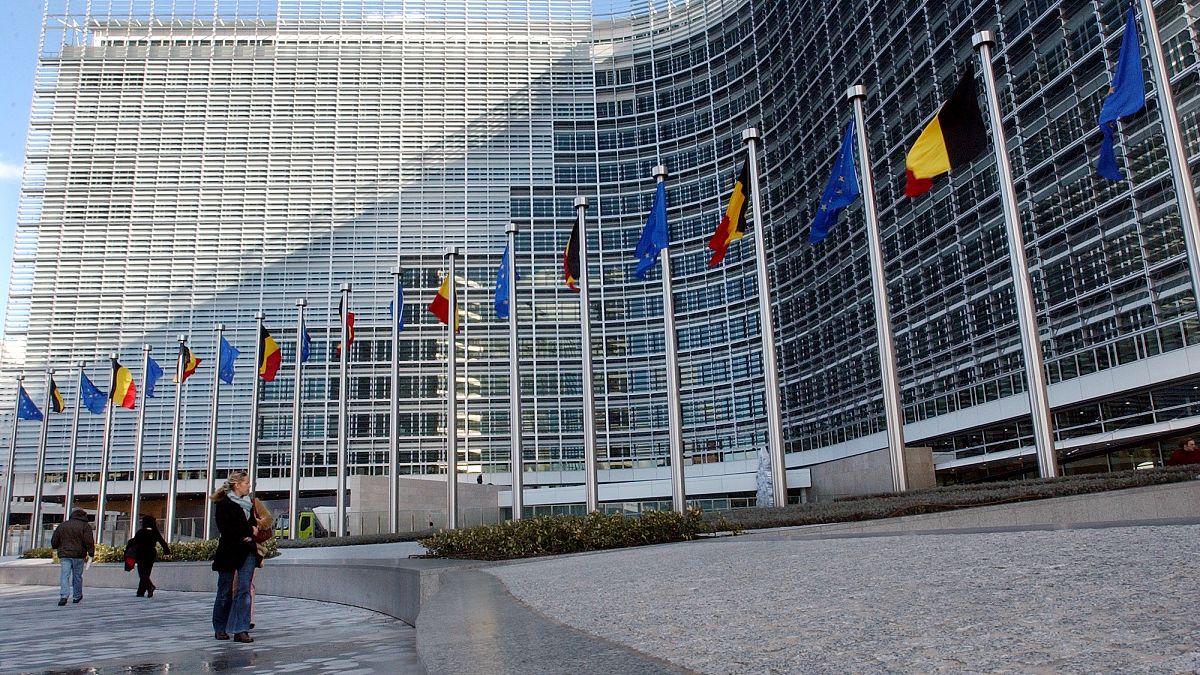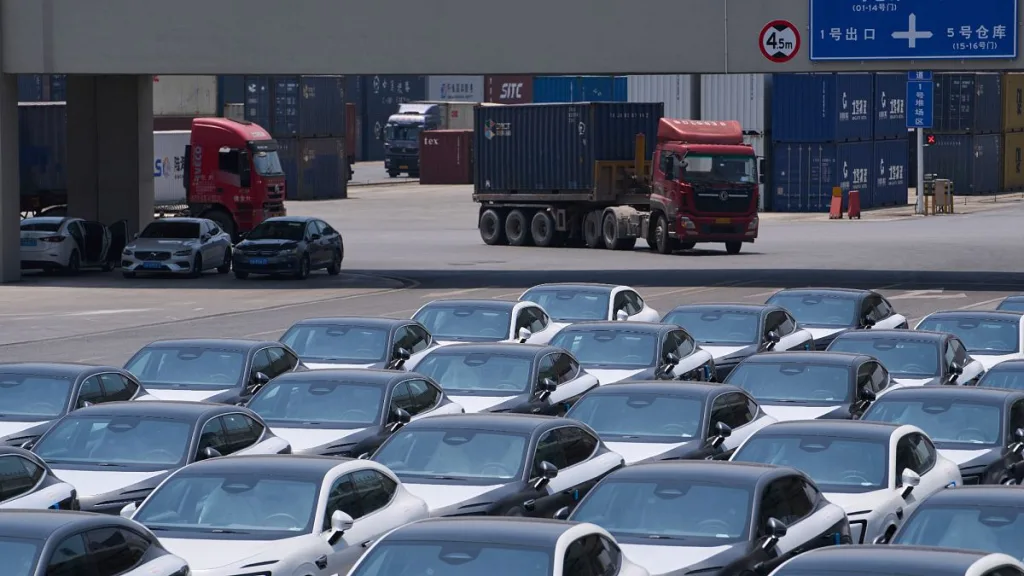In the wake of the COVID-19 pandemic, the European Union (EU) loosened its state aid rules multiple times. However, a recent report from the European Court of Auditors (ECA) has highlighted a significant oversight: there was a lack of analysis regarding the impact of these measures on competition within the single market.
According to the ECA’s report, published on Wednesday, the European Commission did not adequately assess the market repercussions of various temporary state aid schemes introduced to support the economy during the pandemic. This lack of transparency regarding the allocation of funds has left the effects on competition largely unclear.
Prior to the pandemic, EU state aid spending stood at €120 billion. However, as the crisis unfolded and intensified by the Ukraine war, financial assistance surged, reaching highs of €320 billion in 2020 and 2021, and subsequently dropping to approximately €230 billion in 2022. Marius Hyzler, an ECA member, expressed concern during a press conference, stating, “We don’t know if the single market suffered as a result of these aid packages.”
Traditionally, the European Commission closely monitors state aid expenditures to mitigate any adverse effects on competition. Nevertheless, the rules were relaxed multiple times in response to the pandemic and the geopolitical tensions stemming from Russia’s invasion of Ukraine. New regulations were also introduced facilitating subsidies in reaction to the American Inflation Reduction Act, which provides fiscal benefits to support the U.S. green industry.
Despite the Commission’s attempts to analyze the impact of COVID-19 related state aid on business turnover and default probabilities, the auditors found that the examination did not encompass its effects on competition. The Commission concluded that state aid significantly aided firms during the crisis, but the analysis was limited. The study only included data from Spain, Italy, and Poland, excluding member states with higher state aid expenditures.
The ECA report further noted that no evaluation has been scheduled to assess the impact of the Ukraine crisis framework, and there was a lack of scrutiny regarding unreported state aid. The opacity of the spending practices has also hindered the auditors’ ability to determine potential inequalities between larger and smaller EU countries.
As the EU navigates these unprecedented financial challenges, understanding the ramifications of state aid on competition is more crucial than ever. Stakeholders and policymakers must scrutinize these dynamics to ensure a fair and equitable economic landscape within the single market.
Photo credit & article inspired by: Euronews



